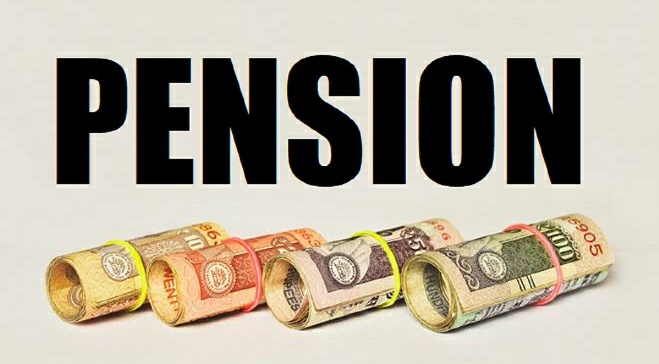Central Govt Employee Pension Rule: No pension after resignation -Suprem Court
As per the Central Civil Service Rules, an employee cannot claim pension after resigning from job
The Supreme Court ruled that in this case, the denial of voluntary retirement cannot be invoked to claim pensionary benefits
Central Government Employee Pension After Resignation Rules: As per the Central Civil Service rules, an employee cannot claim pension after resigning from job. The number of years served by such an employee will become irrelevant for consideration of pension if the employee resigns.
CCS Rules says that an employee forfeits his past service by resigning from a service or a post. On Thursday, 5th December the Supreme Court also upheld this rule in its judgement in BSES Yamuna Power Ltd Vs Ghanshyam Chand Sharma & Anr.
Ghanshyam Chand Sharma (respondent) was appointed as a daily wages worker on 9th July 1968. His services were regularised on the post of a peon on 22nd December 1971. Sharma tendered his resignation on 7th July 1990, which was accepted by the appellant (BSES Yamuna Power Ltd) with effect from 10th July 1990.
Subsequently, Sharma was denied pensionary benefits on two grounds: 1st, he had not completed twenty years of service, making him ineligible for the grant of pension. 2nd, Sharma had forfeited his past services by resigning and therefore could not claim pensionary benefits. Sharma had challenged the order before Single Judge Bench of Delhi High Court, which granted him pensionary benefit. The Single Judge’s decision was also upheld by a Division Bench of the High Court.
The apex court first addressed the issue of whether Sharma had forfeited his past service by resigning. The Supreme Court said that by resigning, Sharma had “submitted himself to the legal consequences that flow from a resignation under the provisions applicable to his service.”
The apex court took note of Rule 26 of the Central Civil Service (Pension) Rules 1972, which says that an employee forfeits his past service upon resignation. “Resignation from a service or a post, unless it is allowed to be withdrawn in the public interest by the Appointing Authority, entails a forfeiture of past service…” says Rule 10 of CCS (Pension) Rules 1972.
The apex court set aside the previous verdict of the High Court, saying: “Irrespective of whether the first respondent had completed the requisite years of service to apply for voluntary retirement, his was a decision to resign and not a decision to seek voluntary retirement. If this court were to re-classify his resignation as a case of voluntary retirement, this would obfuscate the distinction between the concepts of resignation and voluntary retirement and render the operation of Rule 26 nugatory. Such an approach cannot be adopted.”
The apex court’s judgement also clarified the distinction between resignation and voluntary retirement. When the employee has resigned, there stands no question of whether he has in fact ‘voluntarily retired’ or ‘resigned’, it observed.
“The decision to resign is materially distinct from a decision to seek voluntary retirement. The decision to resign results in the legal consequences that flow from a resignation under the applicable provisions. These consequences are distinct from the consequences flowing from voluntary retirement and the two may not be substituted for each other based on the length of an employee’s tenure,” the apex court said.
Sharma had applied for voluntary retirement on 14th February 1990. This was denied by BSES Yamuna Power Ltd. by a letter dated 25th May 1990 on the ground that he had not completed 20 years of service. Sharma challenged this decision arguing he had completed 20 years of service.
However, the apex court said, “This argument cannot be accepted. Even if he was denied voluntary retirement on 25th May 1990, the first respondent did not challenge this decision but resigned, on 7th July 1990. The denial of voluntary retirement does not mitigate the legal consequences that flow from resignation.”
The Supreme Court ruled that in this case, the denial of voluntary retirement cannot be invoked to claim pensionary benefits.


